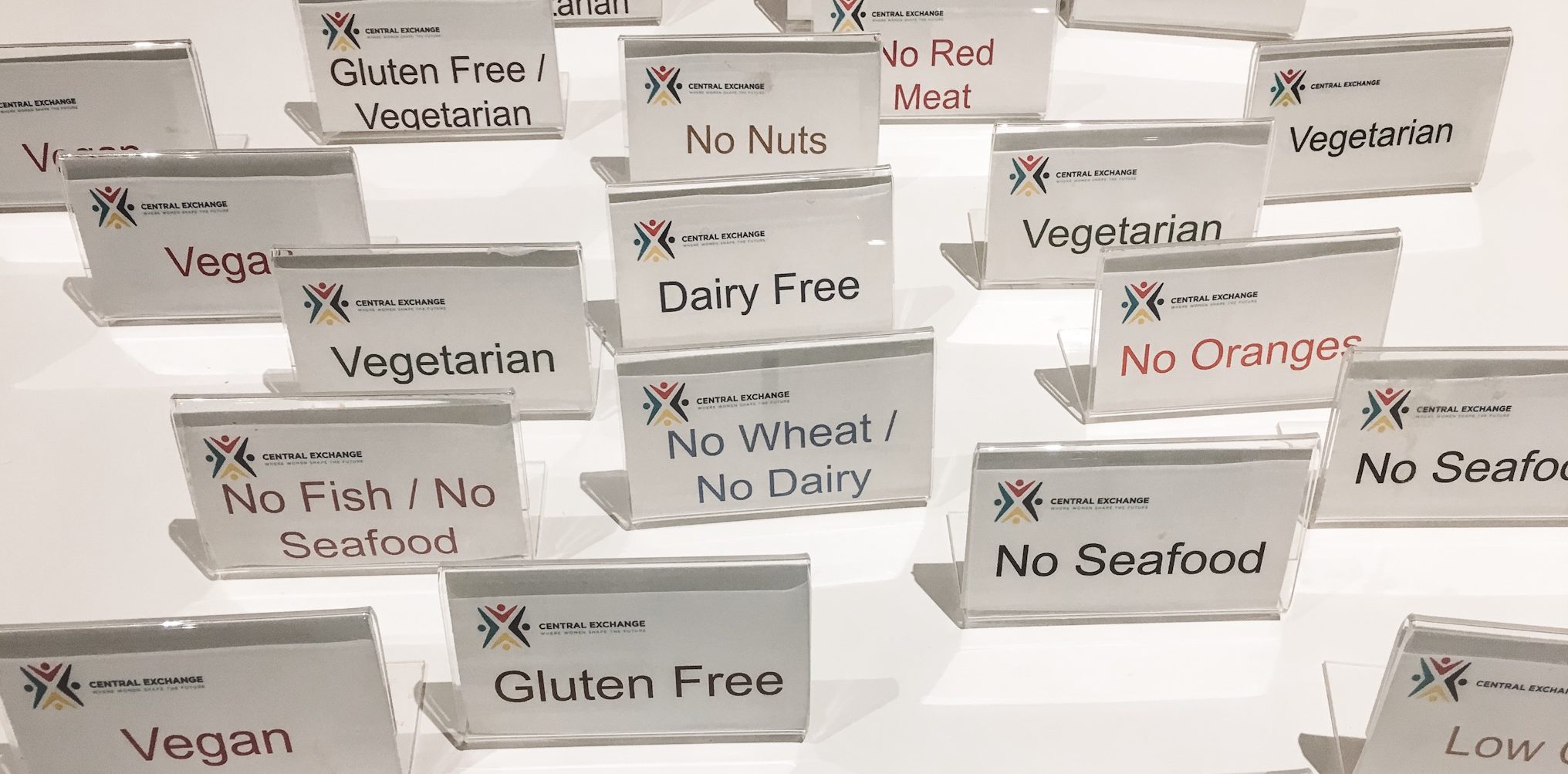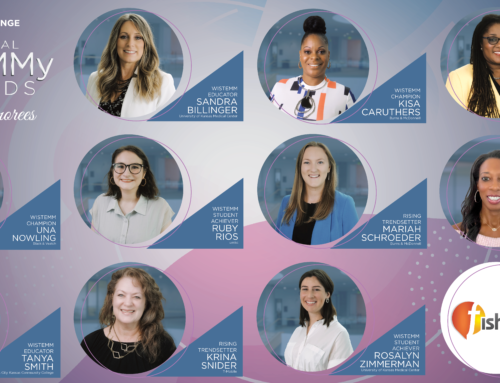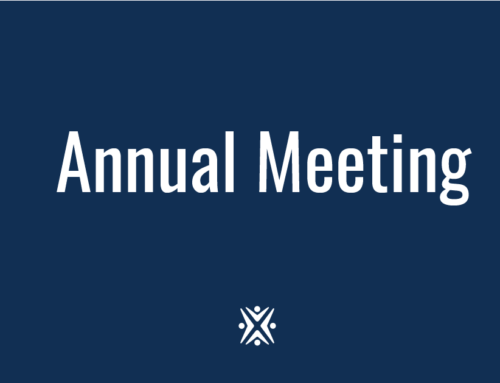This guest post is written by Emily Brown, Founder and CEO of the Food Equality Initiative, and 2018-2019 Central Exchange AHEAD Scholar.
May is Food Allergy Action and Celiac Awareness Month. The month-long celebration brings action and awareness to two serious public health issues. According to the Centers for Disease Control and Prevention, more than 50 million Americans have an allergy of some kind. Food allergies are estimated to affect 4-6% of children and 4% of adults (CDC, 2015). While any food can cause an adverse reaction, eight types of food account for about 90% of all reactions: eggs, milk, peanuts, tree nuts, fish, shellfish, soy, and wheat (American College of Allergy, 2017). There is no cure for food allergies or celiac disease. A diagnosis of these conditions can only be managed through careful diet choices.
About Celiacs Disease
Unlike a food allergy, celiac disease is an autoimmune disorder that is triggered by gluten. Gluten is a protein found in wheat, barley, rye, and other grains. About three million Americans have celiac disease. In addition to staying away from bread, cake, and other baked goods, they also need to avoid pasta, cereals, and even some toothpastes, medications, and other products that contain gluten. There is no cure for celiac disease but, for most people, following a strict gluten-free diet can help manage symptoms and promote intestinal healing (Mayo Clinic, 2017). Though many people choose to eat a gluten-free diet, for people with celiac disease, it is a must.

Dining at Central Exchange with Food Allergies or Celiac Disease
Food typically places a role in celebrations, parties, meetings, and conventions. Programing at Central Exchange is no different. We gather around the table, meet new friends and learn something new. Yet, if you’re like many Americans living with food allergies or celiac disease, attending a catered business meeting can be a challenge.
Central Exchange provides accommodating meals to meet the special dietary needs of all members and attendees.
Here are a few tips to ensure you have an enjoyable experience:
- Start at registration: If you are a Central Exchange member, you can add your special dietary needs to your profile. This will alert Chef Peter Beffa of any accommodations needed when you register for a program. Every guest who attends Central Exchange programming can also add notes at registration about dietary preferences.
- Follow-up on Site: Once you arrive at Central Exchange, you can select a “no-dairy”, or other meal accommodation sign for your table setting. This will alert the staff to make a “special plate” for you.
- Make Sure Servers are Informed: Always communicate with your server to ensure your meal meets your special dietary needs.
“My team and I take pride in accommodating for food allergies with healthy and delicious alternatives,” says Executive Chef Peter Beffa. “At Central Exchange, we always strive to deliver an outstanding member experience, and our food is no exception. We always look forward to serving our members and guests!”
Join us at Central Exchange for a program! Be our guest on the house for a leadership lunch & learn.
 Author: Emily Brown—Founder and CEO of Food Equality Initiative and 2018-2019 Central Exchange AHEAD Scholar lives in Kansas City, KS with her husband and two girls. A passionate advocate, Emily knows first-hand the challenges of managing food allergies with limited resources. In her free time, Emily enjoys growing food, cooking with love, and reading a good book.
Author: Emily Brown—Founder and CEO of Food Equality Initiative and 2018-2019 Central Exchange AHEAD Scholar lives in Kansas City, KS with her husband and two girls. A passionate advocate, Emily knows first-hand the challenges of managing food allergies with limited resources. In her free time, Emily enjoys growing food, cooking with love, and reading a good book.





